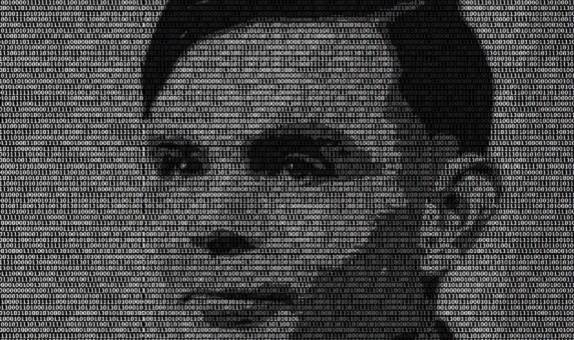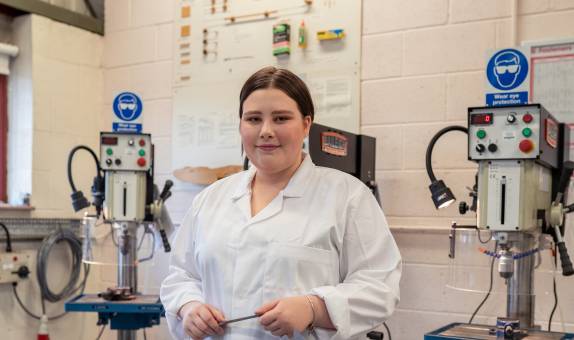Security research theme
The Security theme comprises both Cyber/Network Security, and Private/Public Place Security, which includes visual surveillance, crowd analysis and emergency communication for disaster relief. This research has supported police, security, and safety services through collaborations in many funded projects.
Building on these cybersecurity activities and collaboration with the Government Communications Headquarters (GCHQ), Kingston University established the Academic Centre of Cybersecurity Education and Culture. The centre specialises in providing intelligence for live threats using state-of-the-art technology and strategies to combat cybercrime. It offers research in physical, network & cybersecurity, a GCHQ Masters qualification, and partnerships with the Home Office, the security industry, and communities.
Theme Leader
Recent research projects
Recent research projects include:
 Defence against Security Attacks on Smart Grid (Pfluegel and Nebel).
Defence against Security Attacks on Smart Grid (Pfluegel and Nebel).
The design of a generic security game revealed the existence of several Nash Equilibrium strategies that the utility company may employ for the allocation of their defence resources. It was published in the International Journal of Information Security (2020).
 Design, implementation, and evaluation of the next generation communication network concept for Public Protection and Disaster Relief agencies (G.C., Politis and Pfluegel).
Design, implementation, and evaluation of the next generation communication network concept for Public Protection and Disaster Relief agencies (G.C., Politis and Pfluegel).
Supported by network operators and industry, it provides security, privacy, seamless mobility, quality of service, and reliability support for mission-critical Private Mobile Radio voice and broadband data services. This work was published in IEEE Wireless Communications (2019).
 Intelligent computer vision improving security in crowded public events (Remagnino)
Intelligent computer vision improving security in crowded public events (Remagnino)
See "Impact case studies" below.








